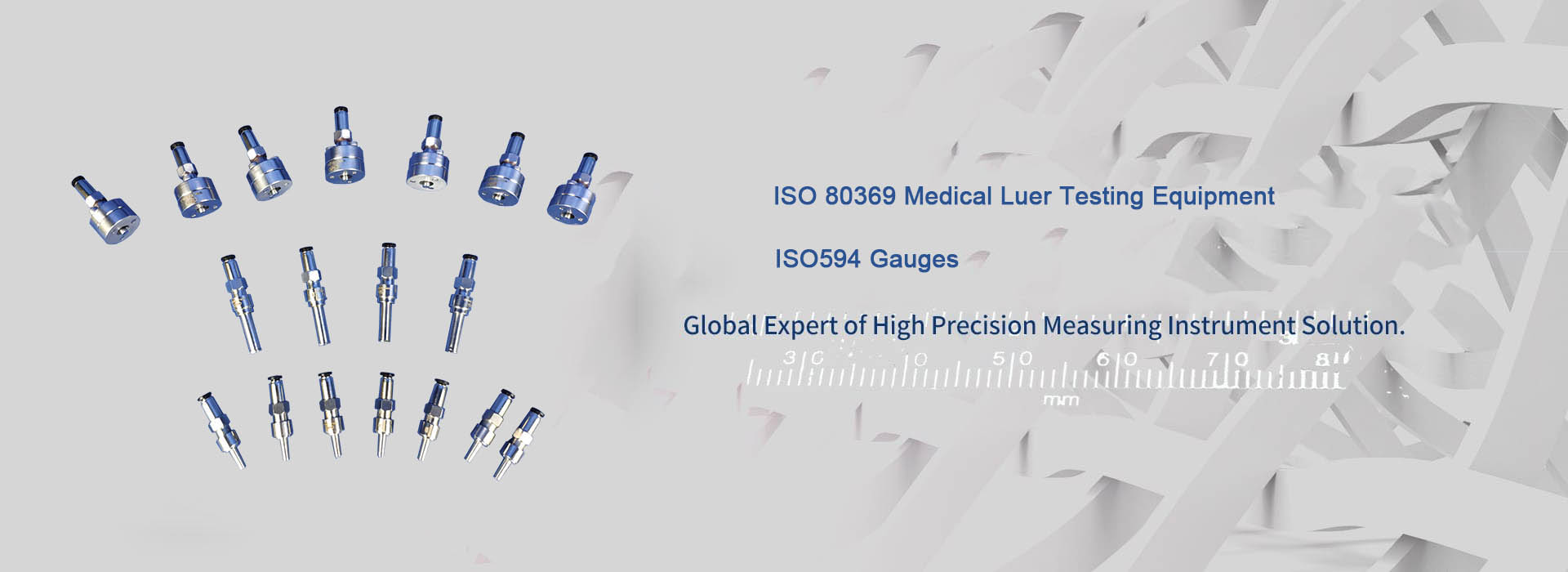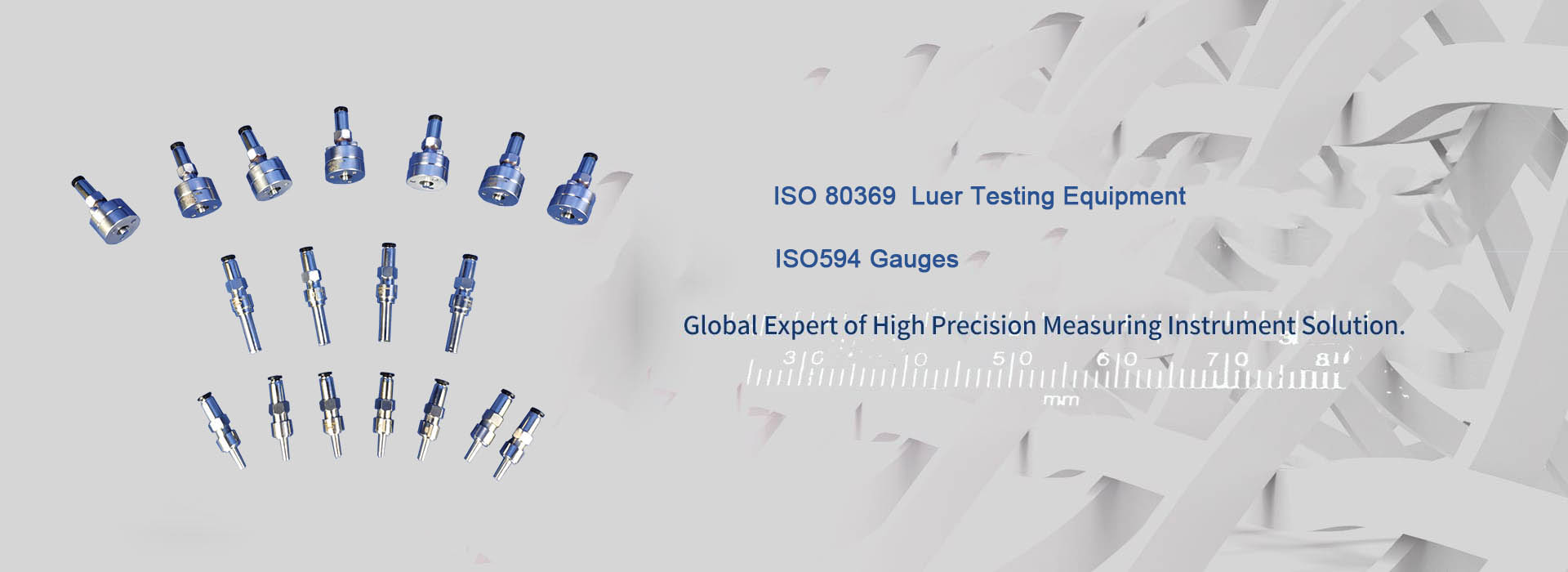Electrical Testing Equipment: A Comprehensive Guide for Buyers
In the realm of electrical engineering and maintenance, the selection of appropriate testing tools is paramount for ensuring both safety and dependability. For those seeking to acquire electrical testing gear, this guide offers a detailed overview to aid in making a well-informed choice. It delves into different categories of equipment, their applications, and the critical aspects to evaluate before purchasing.
Diverse Electrical Testing Tools

Multimeters: A staple in any electrical toolkit, these devices are vital for measuring voltage, current, and resistance.
Digital Multimeters (DMMs): An upgrade from conventional multimeters, DMMs provide enhanced precision and additional functionalities such as capacitance and frequency measurements.
Clamp Meters: These instruments allow for the measurement of current without the need to disconnect the circuit, making them a convenient choice for troubleshooting.
Insulation Testers: These devices assess the quality of electrical insulation, thereby reducing the risk of electrical hazards.
Ground Resistance Testers: These tools measure the resistance between the ground and the electrical system, ensuring proper grounding for safety.
Continuity Testers: Essential for verifying the completeness of an electrical circuit, continuity testers are crucial in diagnosing faulty connections.
The Significance of Regular Electrical Testing

Regular electrical testing is not only a safety measure but also a regulatory compliance necessity:

Safety: It identifies potential dangers like faulty wiring or overloads, minimizing the risk of electrical accidents.
Compliance: Many industries must adhere to safety regulations, and consistent testing ensures adherence to these standards.
Cost-Effectiveness: Early detection and resolution of issues can prevent expensive downtime and repairs.
Efficiency: Proper testing can enhance system performance and energy efficiency, leading to reduced operational costs.
Criteria for Selecting Electrical Testing Equipment
Ease of Use: Opt for equipment with intuitive interfaces and clear instructions for efficient operation.
Durability: Invest in high-quality tools that can withstand challenging environments and frequent use.
Consider Pre-Owned Options: If your requirements are met, pre-owned equipment can be a cost-effective solution.
Discounts and Promotions: Look for discounts on new equipment to save money.
Long-Term Costs: Evaluate the overall cost of ownership, including maintenance, calibration, and replacement parts.
Expanding the Discussion
Electrical safety and maintenance are critical in any industry, and advancements in technology continue to introduce new testing tools and methodologies. For instance, the rise of IoT (Internet of Things) has necessitated more sophisticated testing equipment capable of analyzing complex networks. Additionally, recent studies have shown that regular electrical testing can reduce energy consumption by up to 30%, highlighting the importance of proactive maintenance.
In conclusion, the selection of electrical testing equipment requires a careful balance between functionality, reliability, and cost. By considering the various types of equipment, the significance of regular testing, and the factors to consider in a purchase, individuals and organizations can ensure their electrical systems are safe, compliant, and efficient.
- ISO 80369-7 Luer Connector Gauge with 6% Tape
- KINGPO will meet you at the 92nd China International Medical Equipment (Autumn) Expo in 2025
- Neutral Electrode Temperature-rise Tester: Ensuring Safety in Electrosurgery
- What are the key differences between ISO 80369-7 and ISO 594?
- KINGPO Company Unveils Next-Generation Electrosurgery Analyzer
- ISO 80369-7:2016 Connectors with 6% (Luer) taper for intravascular or hypodermic applications What is the ISO 80369-7 standard? What happened to ISO 594-1 and ISO 594-2?
- ISO 80369-3 Test Equipment LIst
- Understanding the Importance of Buying a Luer Connection Test Kit
- Essential Considerations for Small-Bore Connector Testing Equipment
- Medical Device Pressure Validation: Ensuring Accuracy and Reliability


